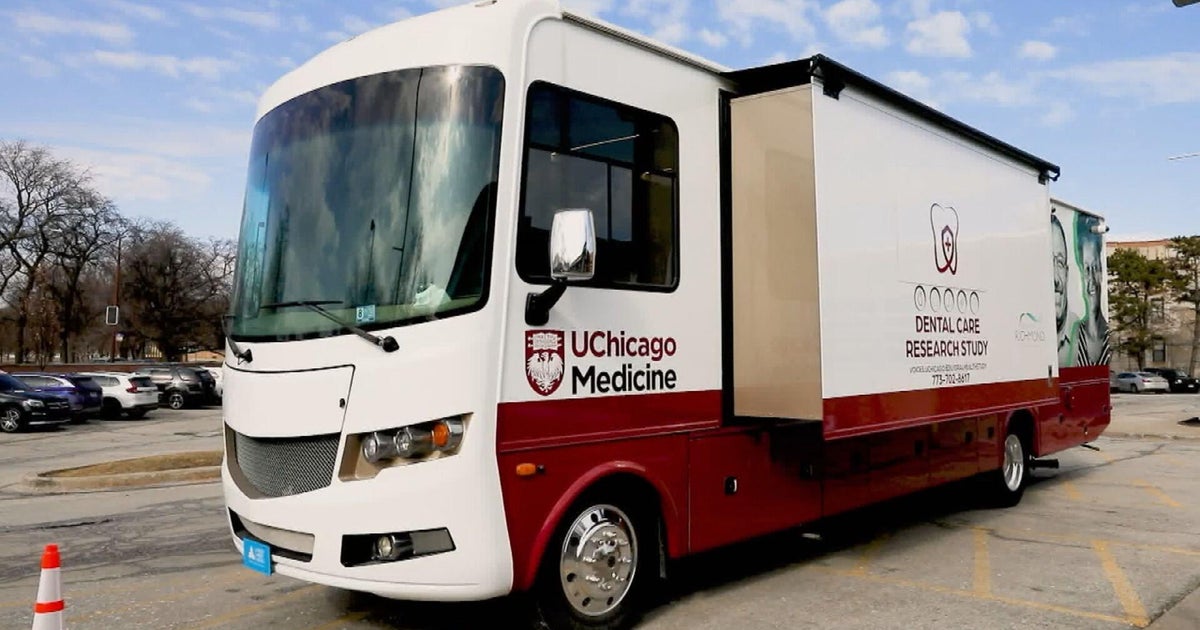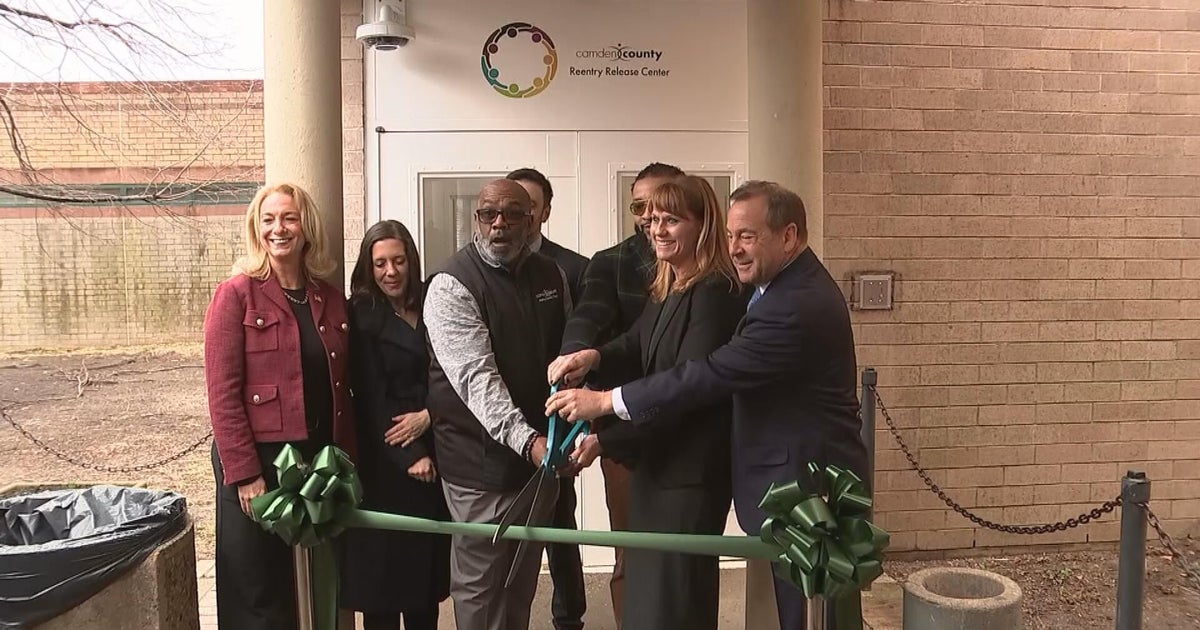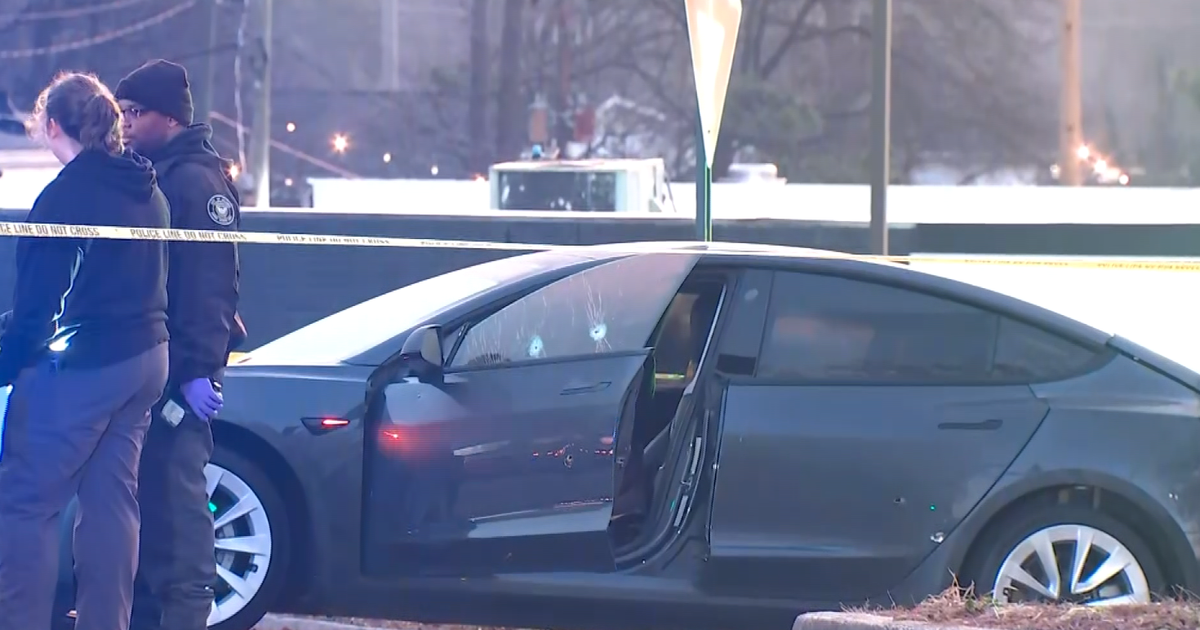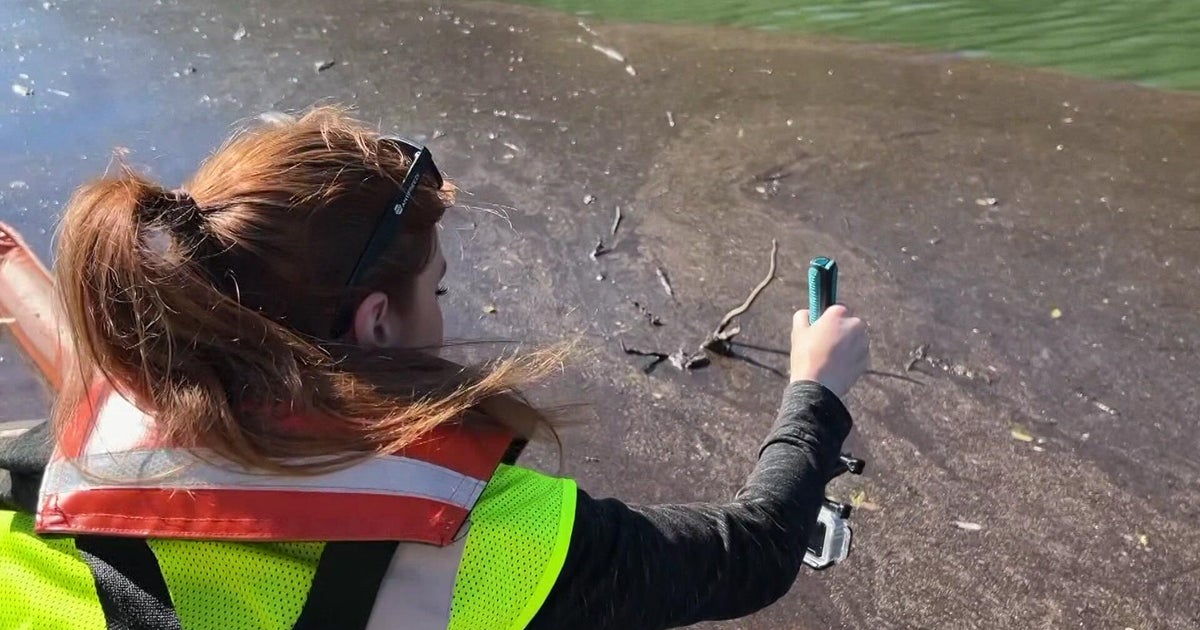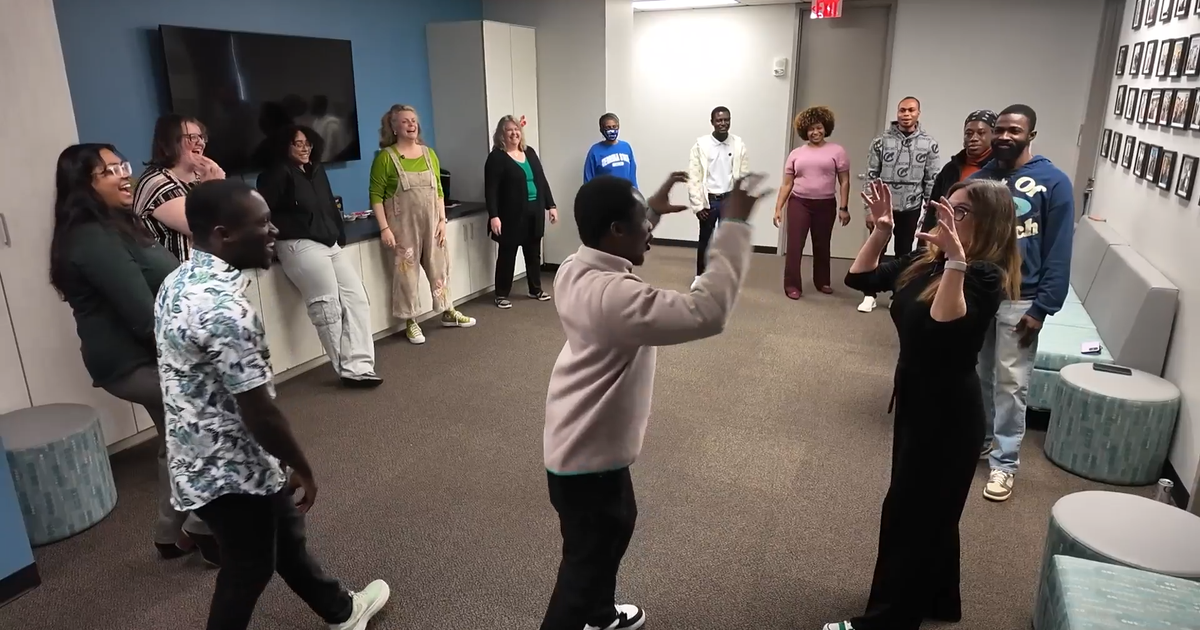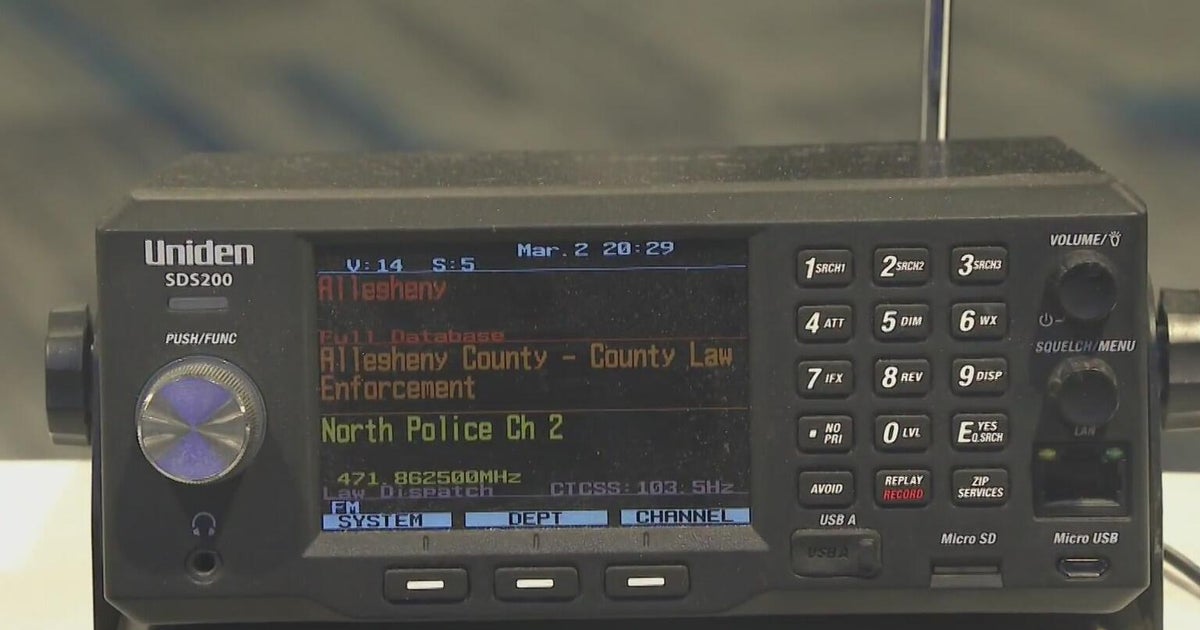UIC Researchers Receive $6M For COVID-19 Treatment To Help Keep People Off Ventilators; Scientist Explains How It Works In Exclusive CBS 2 Interview
CHICAGO (CBS) -- It's a treatment that could help keep COVID-19 patients off ventilators, and researchers at the University of Illinois Chicago are on the forefront of developing it.
CBS 2 Investigator Megan Hickey sat down exclusively with the scientist who made the discovery - and is getting a $6 million grant to make it happen.
It's called VT-109 and it was created to prevent lung damage that plagues COVID 19 patients. Not only could it help keep patients from having to use a ventilator, it could help save lives.
Yulia Komarova has been working on this drug for years -- well before COVID-19 hit.
"You have to be very persistent when you work in academia, especially on the drug development programs," Komarova said.
FULL INTERVIEW: Yulia Komarova Of UIC On A Treatment That Could Keep COVID Patients Off Ventilators
The UIC associate professor in the Department of Pharmacology and Regenerative Medicine said it's been shown to prevent lung damage by tightening the barrier between the bloodstream and the lungs.
"Help them to restore the lung function and the function of the other organs because everything depends on the lung function," Komarova said.
Not just prevent lung damage, but this drug has shown to restore lung function. Survival in the animals treated with VT-109, that otherwise would have likely died, was 80%.
Within the first few months of the pandemic, it became clear to Komarova and her team that the implications for human COVID-19 patients were worth investigating.
They applied for the grant in June 2020 and were just awarded $6 million from the Department of Defense.
"The studies are very expensive because It involves good laboratory practice," Komarova said.
They're still at the beginning of a long road. But the grant is an honor for Komarova, who came to Chicago from Russia two decades ago to do this important work.
It's also an honor for her team at UIC, which is hoping they'll be able to make a significant dent in COVID-19 fatalities in the years to come.
"We expect that we can save the majority of the patients," Komarova said.
Komarova hopes to apply for the FDA'S new investigational drug program by July 2024, although she's hopeful it could happen before then.
